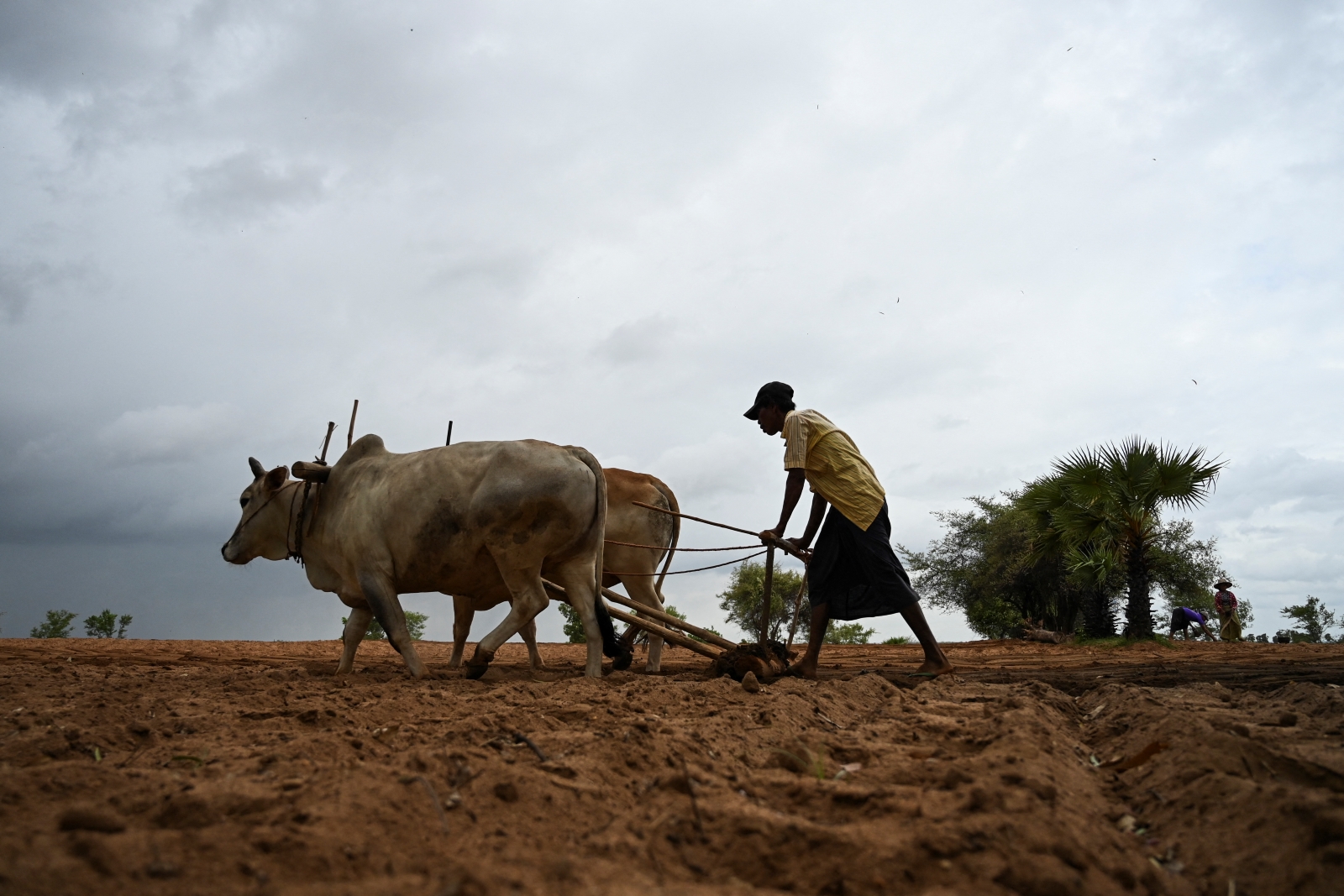Myanmar is the latest Asian jurisdiction to join the swelling ranks of the global antitrust community after the government passed the country’s first economy-wide competition law in February this year.
This law has been designed to prevent anticompetitive agreements and abuse of market power. It also introduces a merger control regime to prevent excessive domination of the market.
The Myanmar government is expected to publish further regulations to implement the Competition Law throughout the year, after which it will come into force on a date determined by the president.
Who will enforce the law?
A Competition Commission (an entity within the Ministry of Commerce) will enforce this law and is expected to create various committees and divisions to exercise di erent enforcement functions, including investigation, review and decision-making.
The Commission will also have full investigatory powers. These include the power to demand written and oral information from businesses and individuals, as well as the authority to conduct “dawn raids”.
Support more independent journalism like this. Sign up to be a Frontier member.
Importantly, there will be strong consequences for those who do not comply. Penalties include both corporate and individual liability while maximum fines are reported to be up to K15 million (approximately US$15,000) and individuals can face up to 3 years in prison.
What does the law cover?
The Competition Law prohibits anti-competitive agreements, abuse of market power and regulates all forms of mergers, including joint ventures. This means businesses may need approval from the regula- tor to complete certain M&A deals.
The framework means that Myanmar will now be broadly consistent with international best practice in jurisdictions such as the European Union and the UK. That said, there are range of important details still to be outlined in full, including how far the law will apply to foreign rms operating in Myanmar.
Implications for businesses
A transitional period of up to two years is likely to apply prior to enforcement to ensure full awareness and understanding of the new regime. However, Myanmar is expected to enforce serious breaches of the law immediately, meaning that relying on non-enforcement during this period will be high-risk.
All businesses active in Myanmar need to review their commercial practices to ensure compliance with competition law and given the regional growth in antitrust enforcement, an integrated cross-border approach to compliance is essential.
Key areas to target include internal compliance frameworks and policies. Any antitrust compliance initiative should prioritise training for senior executives and other staff who deal with customers, competitors and price-setting, including marketing and sales staff.
In reality, the Competition Law is likely to chase “cartel” behaviour as a priority, one of the key problems that Myanmar has faced in the past. Therefore, firms should consider reviewing all engagement with competitors and potential competitors in order to address areas of particular risk.
Businesses can also reduce the additional burden by folding antitrust compliance into their existing compliance procedures.
How does Myanmar compare to the rest of ASEAN?
Myanmar’s commitment to tackle the abuse of market power mirrors a broader regional trend. The majority of Asian jurisdictions now have comprehensive antitrust frameworks, which typically mirror European Union and international best practice.
Most ASEAN States also have comprehensive antitrust regimes, and competition law is a central tenet of the ASEAN Economic Community.
Myanmar’s new law puts it ahead of regional peers such as Laos and Cambodia. However, it will need much more time to develop into an efficient regulator of a similar reputation to somewhere like Singapore. While a robust competition law should help facilitate foreign investment in Myanmar, regulatory consistency and predictability will be crucial in building investor confidence in the country.






